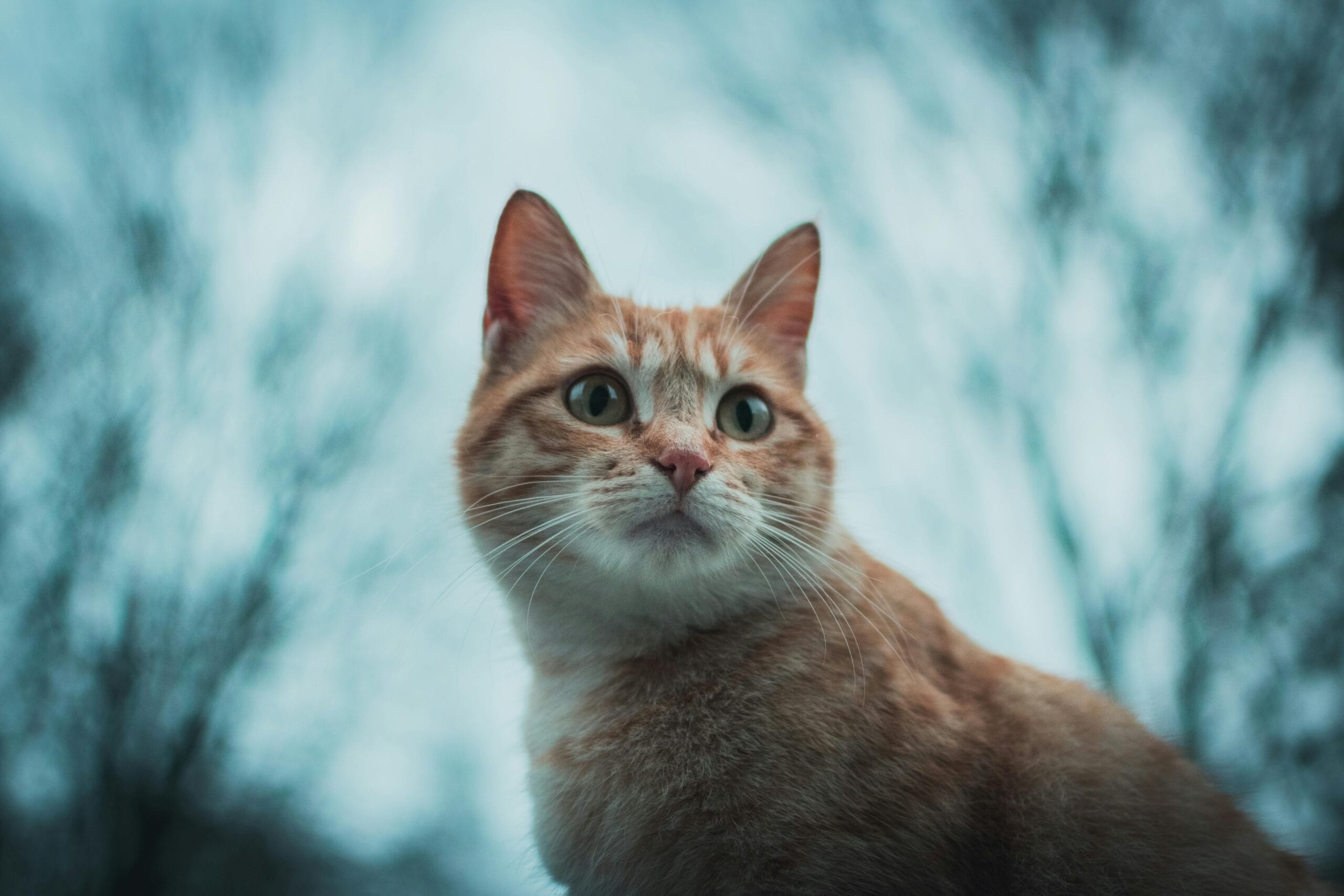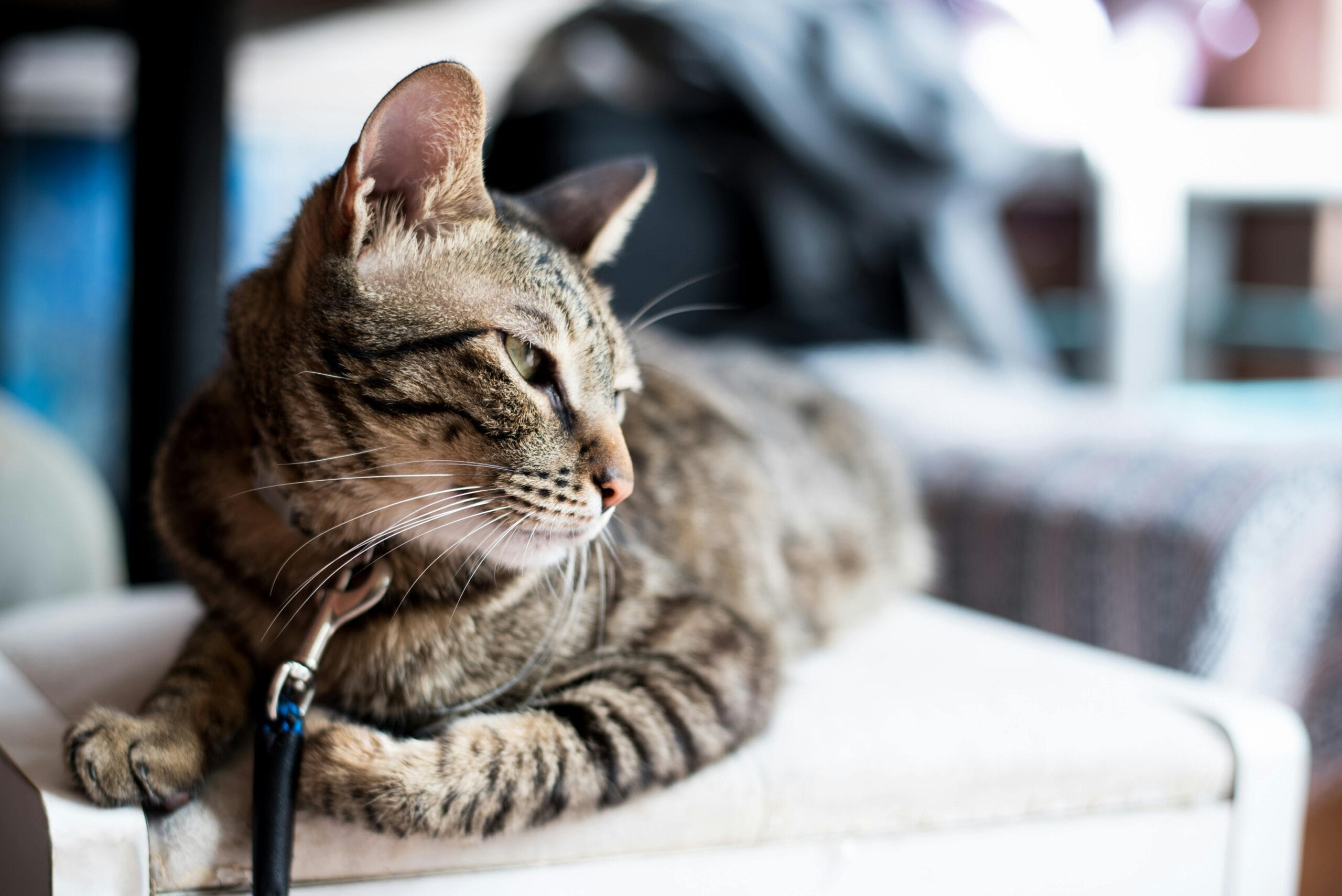Is Peppermint Oil Safe For Cats ?

Is Peppermint Oil Safe For Cats? Discover the truth about peppermint oil cat toxicity. Learn about the potential dangers of cats and peppermint oil. Find expert advice now!
Is Peppermint Oil Safe For Cats? A Comprehensive Guide to Peppermint Oil Cat Toxicity
The aromatic scent of peppermint oil is refreshing to humans, but Is Peppermint Oil Safe For Cats? The answer, unfortunately, is a resounding no. While peppermint oil boasts numerous benefits for us, its effects on feline friends can be quite detrimental. This comprehensive guide explores the dangers of peppermint oil for cats, delves into the specifics of peppermint oil cat toxicity, and offers advice on how to keep your beloved cat safe from this common household essential oil.
Understanding the Dangers of Peppermint Oil for Cats
Cats possess a unique physiology that makes them highly susceptible to the toxic effects of essential oils, including peppermint oil. Their livers, which play a crucial role in detoxifying substances, process these oils differently than human livers. This difference can lead to serious health complications, even from seemingly small exposures. The primary concern regarding cats and peppermint oil is the oil’s chemical composition. Peppermint oil contains menthol, menthone, and other compounds that can be incredibly harmful to cats when ingested or even absorbed through their skin.
Peppermint Oil Cat Toxicity: Symptoms to Watch For
The symptoms of peppermint oil cat toxicity can vary in severity, depending on the amount ingested or absorbed and the individual cat’s sensitivity. However, some common signs you should watch out for include:
- Vomiting
- Diarrhea
- Loss of appetite
- Lethargy or weakness
- Tremors or shaking
- Difficulty breathing
- Seizures (in severe cases)
- Depression
- Skin irritation (if applied topically)
- Changes in behavior
If you suspect your cat has ingested or been exposed to peppermint oil, even in a small amount, it is crucial to act quickly. Do not attempt to induce vomiting at home without consulting a veterinarian. The wrong approach could worsen the situation.
Why is Peppermint Oil So Harmful to Cats?
The toxicity of peppermint oil stems from its chemical components. Menthol, a primary component, is a known irritant and can cause significant damage to a cat’s mucous membranes (mouth, eyes, nose, etc.). It can also affect the central nervous system, leading to the neurological symptoms mentioned earlier. The other compounds present also contribute to the overall toxicity, creating a potentially dangerous cocktail for feline companions. Understanding this mechanism is key to understanding why even small amounts can cause significant problems for your cat.
How to Prevent Peppermint Oil Exposure in Cats
Prevention is always the best medicine. Here are some steps you can take to ensure your cat’s safety around peppermint oil:
- Store peppermint oil out of reach: Keep all essential oils, including peppermint oil, in sealed containers, well above your cat’s reach, ideally in a high cupboard or locked cabinet.
- Use caution with diffusers: Even if using a diffuser, consider the placement carefully and ensure that your cat cannot access the diffuser or the oil itself. It’s best to avoid using diffusers at all if you have cats in the home.
- Be mindful of cleaning products: Many cleaning products contain peppermint oil or similar fragrances. Opt for pet-safe cleaning products, keeping them out of reach from your cat.
- Educate your family and guests: Make sure everyone in your household understands the dangers of peppermint oil to cats and the importance of keeping it out of their reach.
- Choose pet-friendly alternatives: Instead of peppermint oil, consider using other natural remedies and cleaning options specifically designed for pet-safe use.
What to Do if Your Cat is Exposed to Peppermint Oil
Immediate action is critical if you suspect your cat has been exposed to peppermint oil. Your first step should always be to contact your veterinarian or an animal poison control center immediately. The ASPCA Animal Poison Control Center is a valuable resource that can provide guidance and advice in such emergencies. They can provide vital information regarding the appropriate course of action, which may include inducing vomiting or administering other treatments.
Gather as much information as possible before calling, such as how much peppermint oil your cat may have ingested or been exposed to, and when the exposure occurred. This information will assist the veterinarian in providing the best possible care for your cat. Remember, time is of the essence in these situations. Quick action can make all the difference.
Alternatives to Peppermint Oil for Cats
If you’re looking for natural remedies for your own well-being, it’s important to choose pet-safe options when sharing your living space with cats. Instead of relying on peppermint oil’s aromatic properties, explore alternatives that won’t harm your furry friends. Consider consulting with your veterinarian or a holistic pet practitioner for recommendations tailored to your needs and your cat’s health.
Debunking Myths About Peppermint Oil and Cats
There are some misconceptions circulating about the use of peppermint oil around cats. It’s crucial to dispel these myths to ensure the safety of your feline companions. For instance, some may believe that small amounts are harmless or that it can be used as a flea repellent. However, peppermint oil cat toxicity remains a serious concern, regardless of the quantity used or the intended purpose. There are no safe levels of exposure for cats. Always prioritize the use of proven, pet-safe products for flea and tick control.
Long-Term Effects of Peppermint Oil Exposure on Cats
While immediate symptoms are a significant concern, the long-term effects of peppermint oil cat toxicity shouldn’t be overlooked. Repeated or prolonged exposure to even small amounts can lead to cumulative damage to the liver and other organs. This can manifest as chronic health problems later in the cat’s life. Therefore, it is crucial to prevent any form of exposure and seek immediate veterinary care if any exposure occurs.
The Importance of Pet-Safe Products
Protecting your cats from harmful substances is paramount to their well-being. Always choose pet-safe products for cleaning, pest control, and other household needs. Read labels carefully and be aware of the ingredients before using any product near your cat. The potential hazards related to cats and peppermint oil highlight the importance of this vigilance.
A comprehensive understanding of Is Peppermint Oil Safe For Cats and the risks of peppermint oil cat toxicity is vital for every cat owner. By taking proactive measures and being aware of the potential dangers, you can ensure your feline companion stays happy, healthy, and safe.
For further information on pet safety and toxicity, refer to the Pet Poison Helpline, which offers valuable resources and expert advice. They can be invaluable in emergency situations involving pet poisoning.
Share Your Experience!
Have you had any experiences with cats and peppermint oil or other essential oils? We would love to hear your stories and learn from your experiences. Share your comments below, including details on your cat’s reaction, the type of exposure, and any actions you took. Your experiences could help other cat owners avoid similar situations. Let’s build a supportive community dedicated to ensuring the safety and well-being of our feline friends. Please use relevant keywords like ‘Is Peppermint Oil Safe For Cats‘, ‘Peppermint Oil Cat Toxicity‘, and ‘Cats and Peppermint Oil‘ in your comments to aid in the search and findability of the information for other pet owners.

Is Peppermint Oil Safe For Cats? 10 FAQs
1. Is peppermint oil safe for cats?
No, peppermint oil is not safe for cats. It’s toxic to them. Peppermint oil cat toxicity is a real concern, and ingestion or even dermal exposure can lead to adverse effects. Avoid using peppermint oil around cats.
2. What are the symptoms of peppermint oil poisoning in cats?
Symptoms of peppermint oil cat toxicity can include vomiting, diarrhea, loss of appetite, lethargy, incoordination, and tremors. Severe cases can lead to central nervous system depression and even death.
3. My cat licked a small amount of peppermint oil, should I be worried?
Even small amounts of ingested peppermint oil can be problematic. Contact your veterinarian immediately. The sooner treatment begins, the better the outcome. Cats and peppermint oil do not mix.
4. Is peppermint oil toxic to cats only through ingestion?
No, peppermint oil cat toxicity can occur through ingestion, inhalation, or dermal (skin) contact. The essential oils can be absorbed through the skin and mucous membranes.
5. Are there any peppermint-containing products safe for cats?
Generally, no. Many commercial products contain peppermint oil or related compounds. Always check the ingredient list carefully before using any product near your cat. If in doubt, avoid it.
6. What should I do if my cat has ingested peppermint oil?
Immediately contact your veterinarian or an animal poison control center. They can provide guidance on how to proceed and may recommend inducing vomiting or other treatments.
7. How can I prevent peppermint oil poisoning in my cat?
Keep all peppermint oil and products containing it out of your cat’s reach. Use alternative, cat-safe air fresheners and cleaning products. Is peppermint oil safe for cats? The answer is a firm no.
8. Can I use peppermint oil to repel fleas on my cat?
No. Never use peppermint oil or other essential oils to treat fleas or ticks on your cat. Use vet-approved flea and tick treatments instead.
9. Are there any essential oils that are safe for cats?
There are very few essential oils considered safe for cats. It’s best to avoid using any essential oils around cats entirely. Consult your vet before using any aromatic substances around your cat.
10. My cat shows no immediate symptoms after peppermint oil exposure. Should I still be concerned?
Yes, symptoms may not appear immediately. Even if your cat seems fine, contact your veterinarian. Delayed reactions can still occur, and early intervention is crucial for optimal treatment in cases of peppermint oil cat toxicity.

Is Peppermint Oil Safe for Cats? Practical Tips and Health Considerations
Peppermint oil, while popular for its aroma and various uses in humans, poses potential dangers to cats. Its ingestion or even dermal exposure can lead to adverse health effects. This article explores the safety concerns and provides practical tips for cat owners.
Toxicity Concerns
Peppermint oil contains compounds like menthol and menthone that are toxic to felines. Ingestion can cause:
- Gastrointestinal upset: Vomiting, diarrhea, loss of appetite
- Central nervous system depression: Lethargy, weakness, tremors
- Liver damage: In severe cases, liver failure can occur
- Respiratory issues: Difficulty breathing
Even topical application can be problematic, leading to skin irritation and potential absorption through the skin, causing systemic effects.
Practical Tips for Cat Owners
- Avoid Direct Exposure: Keep peppermint oil and products containing it out of reach of your cat. This includes diffusers, candles, cleaning products, and essential oil blends.
- Choose Pet-Friendly Alternatives: Opt for cat-safe cleaning products and air fresheners. Many natural, plant-based options are available that are less harmful to pets.
- Secure Storage: Store peppermint oil in a tightly sealed container, preferably in a high cabinet or location inaccessible to your cat.
- Monitor your Cat: If you suspect your cat has ingested or come into contact with peppermint oil, monitor them closely for any signs of distress.
- Consult a Veterinarian Immediately: If your cat shows any symptoms of poisoning, such as vomiting, lethargy, or difficulty breathing, contact your veterinarian or an animal poison control center immediately.
Safe Alternatives for Fresh Scents
If you desire a fresh scent in your home, consider cat-friendly alternatives like:
- Natural air purifiers
- Baking soda
- Catnip (in moderation)
- Ventilating your home
Conclusion
While peppermint oil offers numerous benefits for humans, its use around cats should be strictly avoided. Prioritizing your cat’s safety and wellbeing is paramount. Always consult your veterinarian if you have any concerns about your cat’s health or exposure to potentially harmful substances.
Disclaimer: This information is for educational purposes only and should not be considered medical advice. Always consult with a veterinarian for any health concerns regarding your pet.